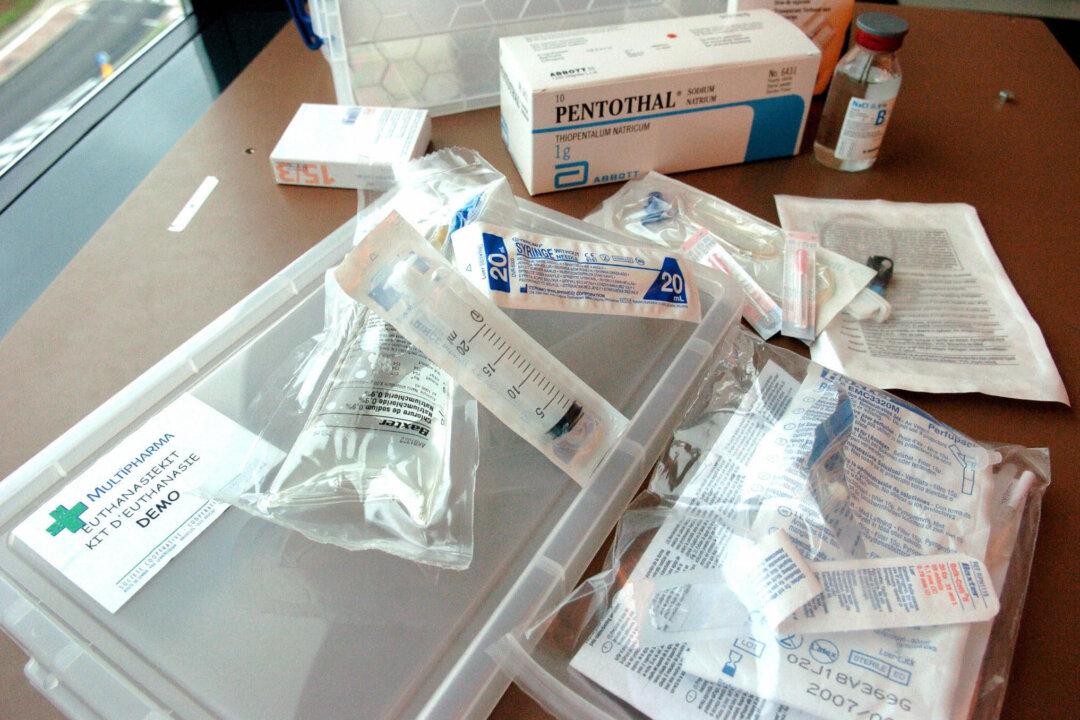Commentary
For 2,500 years, doctors have taken the Hippocratic Oath, promising to “do no harm” generally and pledging—in its original rendering—not to perform abortion or assisted suicide, specifically.

For 2,500 years, doctors have taken the Hippocratic Oath, promising to “do no harm” generally and pledging—in its original rendering—not to perform abortion or assisted suicide, specifically.